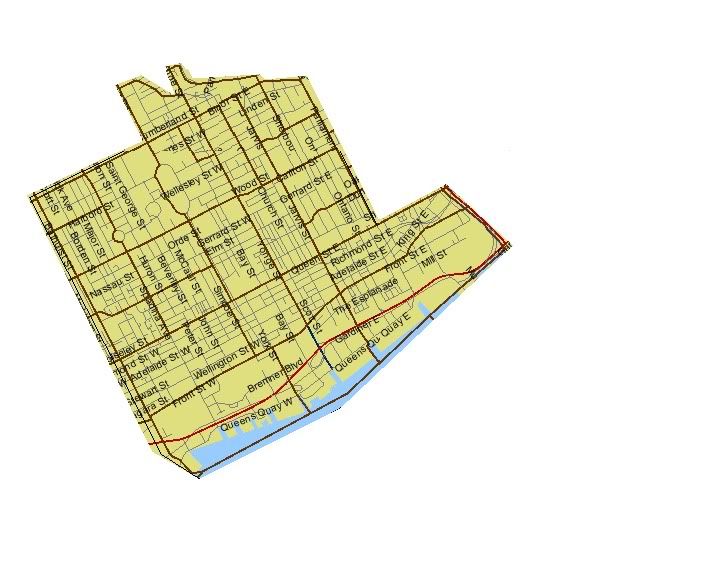Johnny Au
Senior Member
In Quebec, the reason why it has no distinction between town or city is because the word for both town and city in Canadian French is ville (feminine).
Markham is still mainly low density, despite being a town with 301k people. Montreal is Canada's most populous town, given the aformentioned lack of distinction between town and city in Canadian French.
Markham is still mainly low density, despite being a town with 301k people. Montreal is Canada's most populous town, given the aformentioned lack of distinction between town and city in Canadian French.






